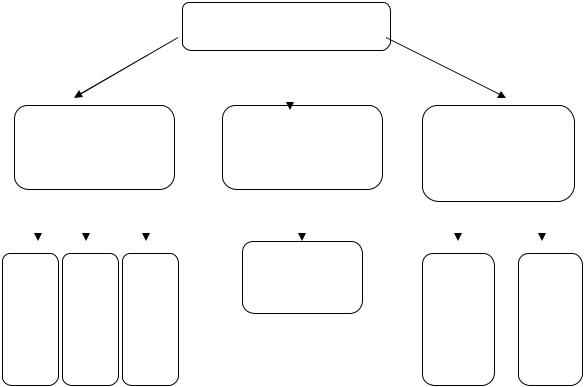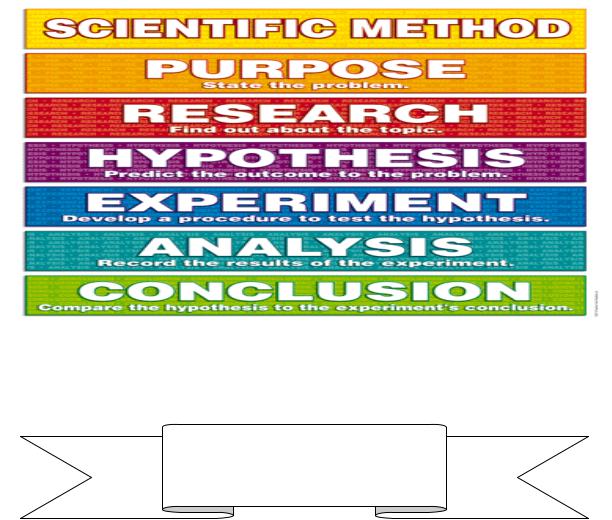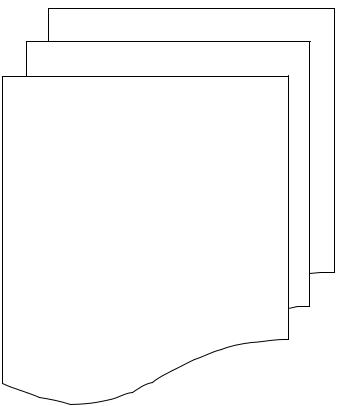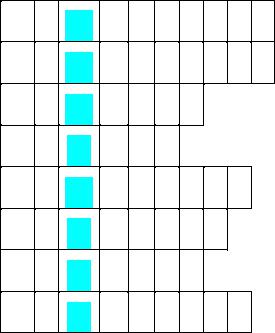
Английскй учебник
.pdf
11. #' .
$ .
WHAT ARE EXPERT WITNESS QUALIFICATIONS?
1. in the case 2. the qualifications of the witness |
3. educate the court 4. someone’s |
expertise 5. the prosecution and the defendant |
6. have confidence 7. an expert |
witness 8. truthfulness |
|
|
|
There are several ways to determine whether someone is qualified to be an expert witness or not. To establish __________, the court usually inquires about the education, special training, skills and professional knowledge of a person. To establish this, the court lets both the hiring attorney and the opposing counsel to question the witness about his special abilities. The opposing counsel is provided with an opportunity to challenge ______________ and preclude him from being accepted by the court.
Once the individual is considered a valuable participant ___________, he will be permitted to give his opinions regarding the subject at hand however, if the court didn’t recognize this individual, he will not be allowed to give any testimony. Both __________ are allowed to attempt a tactic to recognize once expertise in a particular field. Typically, the hiring attorney meets with the witness to study their every move and answers. This helps in giving the witness a chance to be ready on everything he might come upon on the trial. ________ is a professional and has specialized knowledge in his field that is why it is very important to give the court a straight answer that is confident and easy to understand. This will help the witness to prove that his testimony is real. Also this will help __________ including the judge and the jury in determining and understanding difficult evidence. It is very important that the witness shows no fear and
__________ in his testimony so that the jury can establish ________ in his words.
12. .
1. % , $ ," % .
2. |
0 $ * $ |
%. |
|
||
3. |
) $ , & |
- |
|||
& # . |
|
|
|
|
|
4. |
%, & $ & , " |
- |
|||
$ . |
|
|
|||
5. . 80 ( 2 — , |
|
|
|||
$ , $ ", |
& * |
||||
. 53, 168 271 ( 2. |
|
|
|
||
6. |
# $ % |
$ $, |
, - |
||
$, $, $ , $ $ |
), $ $ |
||||
& $. |
|
|
|
|
|
293


$ $ & & $ ": 1. !. % $ , -
|
" . + : . |
||||||||||
2. . |
|
|
, |
- |
|||||||
|
. % |
# #. |
|
|
|||||||
3 . |
( |
. |
% " |
|
|||||||
|
|
, , & , , |
$ , - |
||||||||
, $ . 0 % & |
" |
||||||||||
|
. ' |
$ & " " |
, |
||||||||
" . |
|
|
|
|
|
|
|||||
4 . |
|
. 0$ $ |
|||||||||
" |
|
||||||||||
|
" . |
|
|
|
|
|
|||||
5 . |
* |
$ . ' |
|
& |
|||||||
& $ & " |
, # & $ |
||||||||||
, " $ |
& $ . |
||||||||||
|
# $ $ , |
, |
|||||||||
|
|
" , " " & $. |
|||||||||
/ $ |
& " #, |
, |
. |
|
|
|
|||||
|
" |
|
|||||||||
# -.
! $ :
),, )?+6
1.!:
___________________________
2.:
___________________________
3.( :
______________________________
______________________________
4.;:
) _____
297

UNIT 5. TEST YOURSELF
1. % & . , .
:
1.The state of being bound emotionally or intellectually to a course of action.
2.A lawyer who works in court against a person charged with crime.
3.A pleasing or suitable arrangement of parts.
4.A normal mental state; sanity.
5.A person who is easily recognized in a society or culture.
6.The documentary or oral statements and the material objects admissible as testimony in a court of law.
7.A person who is able to report on something seen.
8.An ordinary man.
: A system of ideas of right and wrong conduct.
c1o
p1o
hoo
ro!
coo
eo!
wo!
l o!
2. ( ! .
1.Expert witnesses can be declared by … a) law
b) prosecutor c) judge
2.Criminal justice system protects …
a)law
b)an innocent
c)principles
3. The goal of the expert witness is ….
a)to communicate to the judge and jury
b)to say nothing
c)to protect the accused person
298
